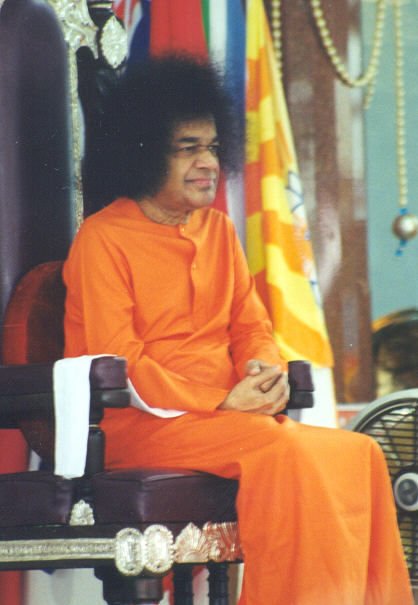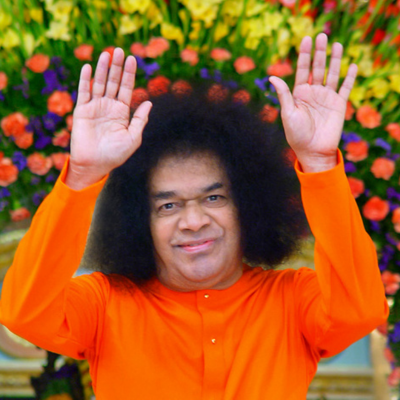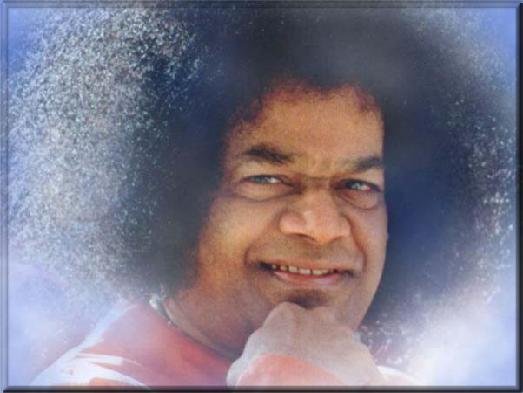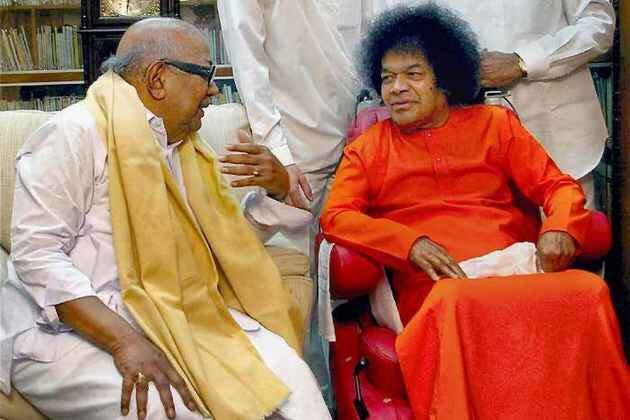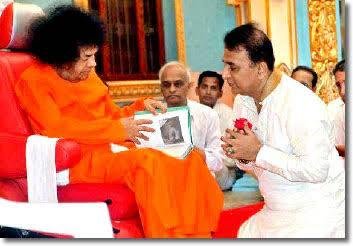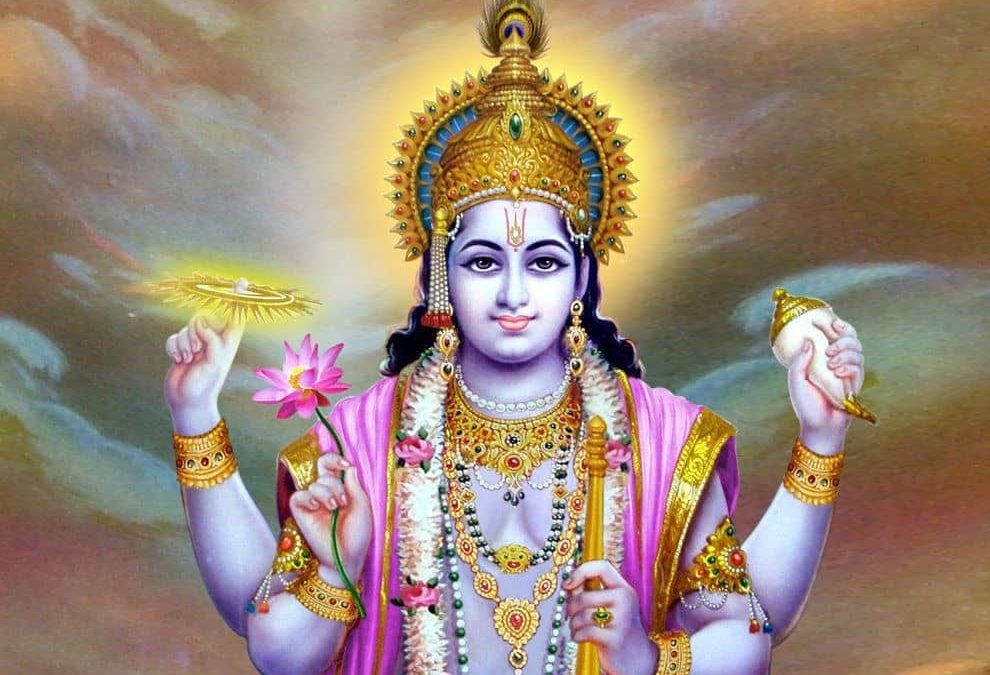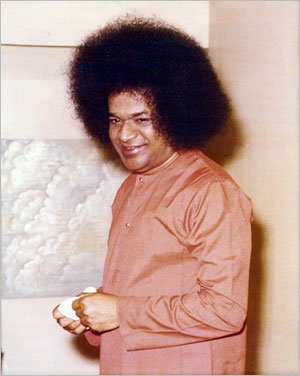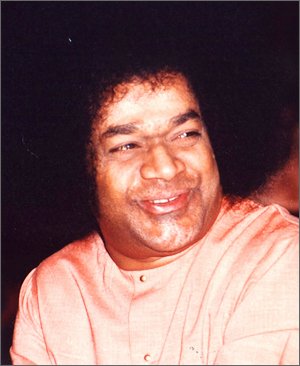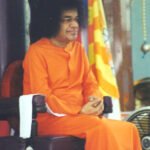Adi Shankaracharya sadaachaar anusandhaanam Book
sadaachaar anusandhaanam
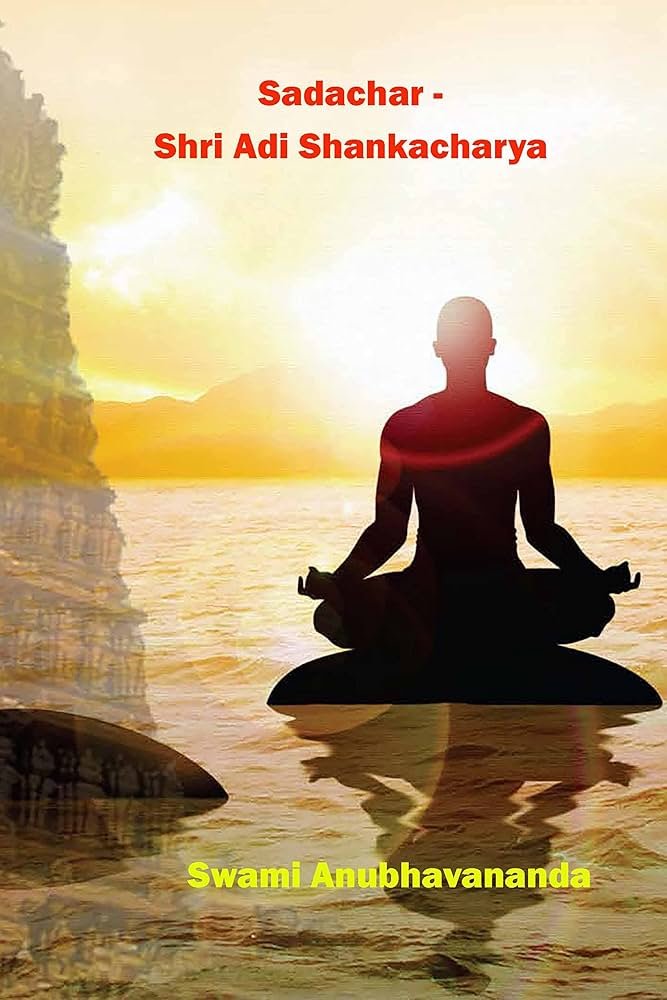
Sadachara Anusandhanam, meaning “Inquiry into Right Conduct”, is a concise yet profound Sanskrit text composed by Adi Shankaracharya, one of the greatest spiritual teachers and philosophers in the Advaita Vedanta tradition. This short treatise, often overlooked compared to his more technical works, focuses on the daily conduct, duties, and spiritual discipline expected of a seeker who desires liberation (moksha).
While Shankaracharya is widely known for his abstract metaphysical writings, Sadachara Anusandhanam stands out for its practical orientation, offering clear and actionable guidelines for righteous living. The term sadachara means good or noble conduct, and anusandhanam means inquiry or contemplation. Thus, the text is a manual for self-reflection and disciplined living aligned with spiritual goals.
The text is intended for spiritual aspirants, particularly householders, who wish to live a life of dharma (righteousness) while also progressing toward Self-realization. It outlines how to integrate Vedantic wisdom into everyday actions—right from waking up in the morning to sleeping at night.
Unlike purely ritualistic or ascetic texts, Sadachara Anusandhanam strikes a balance between worldly duties and inner contemplation, making it accessible and relevant for both monks and laypeople.
Key Themes and Teachings
- Daily Discipline and Routine:
The text begins by describing how a seeker should begin the day — waking up before sunrise, remembering God, purifying the body, and performing spiritual practices. These early habits are meant to set the tone for a mindful and spiritually attuned life. - Devotion and Remembrance of God:
A significant portion of the text emphasizes bhakti (devotion) as a means to purify the mind. Chanting the names of God, surrendering the fruits of actions, and dedicating all tasks to the Divine are encouraged. - Right Conduct (Sadachara):
Shankaracharya defines sadachara as living a life of truthfulness, compassion, non-violence, humility, and service. These virtues are essential for preparing the mind for higher knowledge. - Self-Enquiry and Knowledge (Jnana Yoga):
Ultimately, the text leads the aspirant to self-inquiry — the path of knowing the true Self (Atman) as non-different from Brahman, the ultimate reality. But this realization must be supported by a disciplined and ethical life. - Balance of Action and Knowledge:
The text does not reject action (karma) but encourages performing one’s duties without attachment, while maintaining constant awareness of the Self. This approach is a practical application of Karma Yoga and Jnana Yoga.





